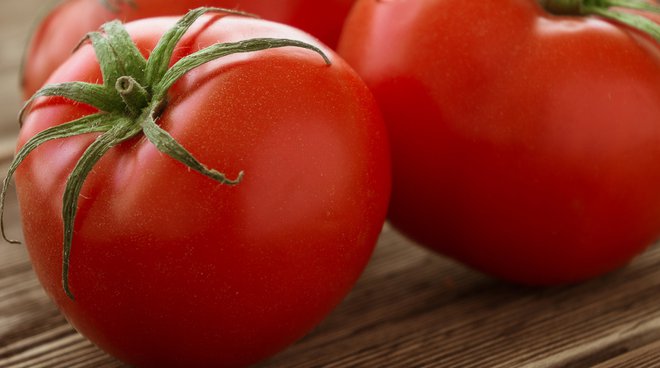Healthy and Sustainable
NUTRITION AND THE BRAIN AT ALL AGES
What we eat can make us more intelligent, sharp and attentive, from when we are very young (still in a mother’s womb) until when we are old.

What we eat can make us more intelligent, sharp and attentive, from when we are very young (still in a mother’s womb) until when we are old.
The brain is a small organ (it accounts for 2.5% of the body weight), but it appears to have Pantagruel’s insatiable appetite (it absorbs 20% of the food we eat) and there is some food which it needs in particular.
Brain cell fuel
At any age our brain needs:
> Alpha-linolenic acid, contained in rapeseed, walnuts, linseed.
> Omega 3, plentiful in oily fish, which is present in sardines, mackerel, tuna, and salmon
> Zinc, present in chocolate, mushrooms, nuts, lentils, quinoa, sunflower seeds
> Iron present in red meat (to eat in moderation) cereals and legumes, dried tomatoes and tomato sauce
> Iodine, plentiful in foods such as dairy products, fish, eggs, iodized salt, tomatoes and carrots.
A child’s brain
During pregnancy, nutritionists advise mother’s to eat bread and cereals at breakfast, oranges, fruit, green vegetables and foods rich in folic acid to develop the child’s brain (100 billion cells).
At birth, the brain contains around 100 billion cells, which are not fully connected to each other (at 15% approx.).
Brain development is completed at three years of age. During this time it is important to feed the child with foods that contain iron, zinc and omega 3; maternal milk is also rich in these nutrients. From the seventh/eighth month it is possible to add iron and zinc-rich foods to the child’s nutrition: cereals, legumes, vegetables, fish, meat puree.
The healthy development of the child also requires love, dialogue, play and other intellectual and creative stimuli.
School-age children
At this age the child is processing new information every day.
This activity requires more carbohydrates, minerals, omega 3, protein and vitamins.
The foods recommended include:
> cereals, fruit, milk and yogurt at breakfast
> lean meat, fish, eggs, nuts, oily seeds and cheese
> fresh seasonal fruit and vegetables at every meal
At School and in the Office
After the first, essential meal of the morning, we need to nourish ourselves in a balanced and regular manner throughout the day with a few snacks, to refuel the brain between one meal and the next.
The energy level may slump in the afternoon. Muesli bars, nuts and crackers are excellent energy boosters, so always have one in your bag or drawer. A breath of fresh air and a short walk outdoors can also help to oxygenate the brain and go back to work with increased vigor and attention.
Adult age
As we get older our brain needs more and more vitamins, especially type B, antioxidants and choline.
This is what we should eat:
> dark chocolate
> extra virgin olive oil
> fresh fruit: citrus fruit, avocados, blueberries, kiwis and dried fruit, walnuts, etc.
> recommended vegetables: carrots, beets, broccoli and tomato, the real elixir of youth
NEWS
ALSO IN FOOD TRENDS
Healthy and Sustainable
Health and tomatoes: low-calorie recipes
Integrating low-calorie recipes into your diet is essential for anyone aspiring to maintain a healthy, balanced lifestyle. In this context, the tomato stands out as an ingredient known both for its nutritional value and versatility in cooking.
Healthy and Sustainable
What to add to puree? The right sauce for every taste
Tomato sauce is a classic of Italian cuisine and, starting with the basic recipe made with sautéed onion and basil, this delicious sauce can give you unforgettable moments of flavor!
Healthy and Sustainable
Recipes with grains for a cool summer
Four delicious recipes with grains, excellent also chilled, for a cool summer.


